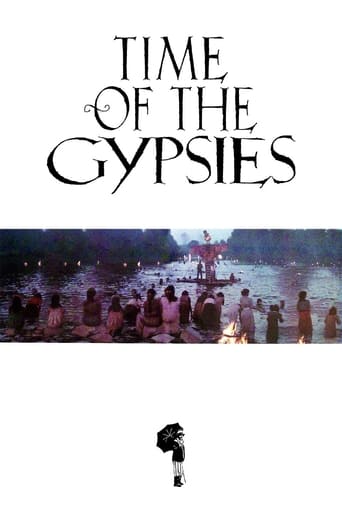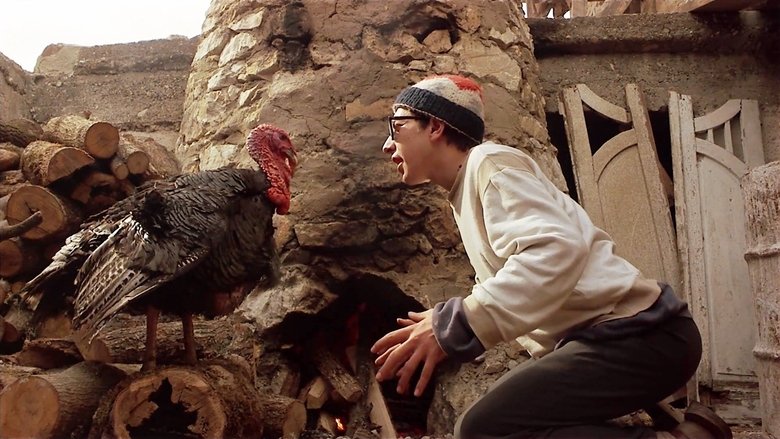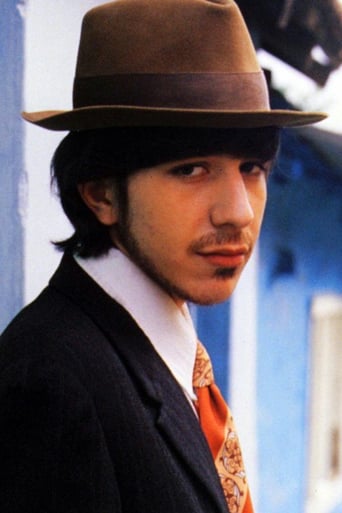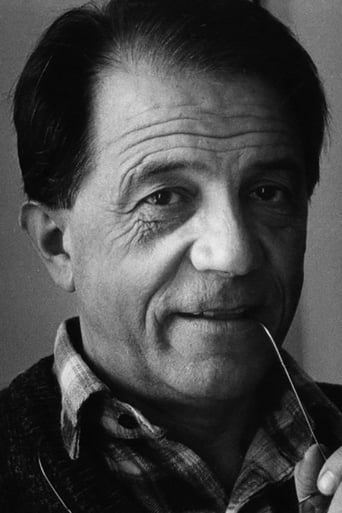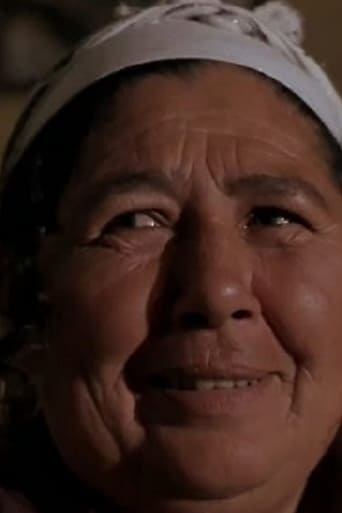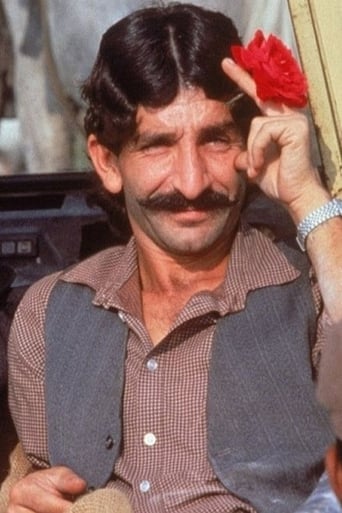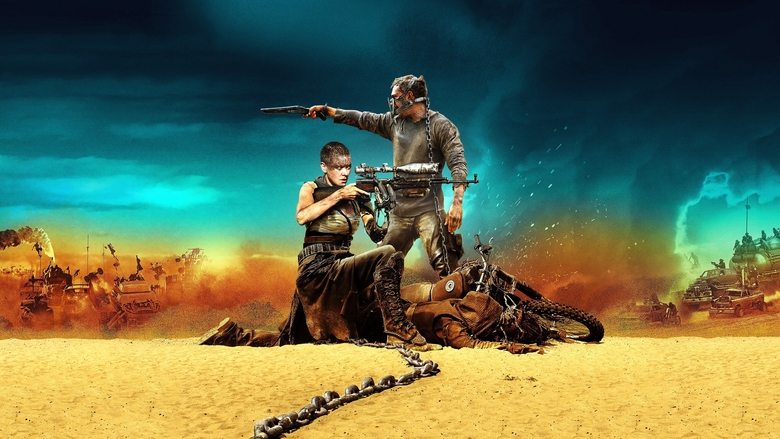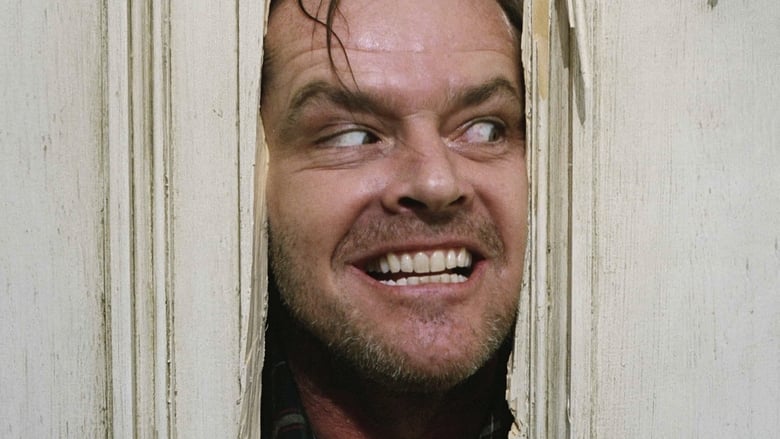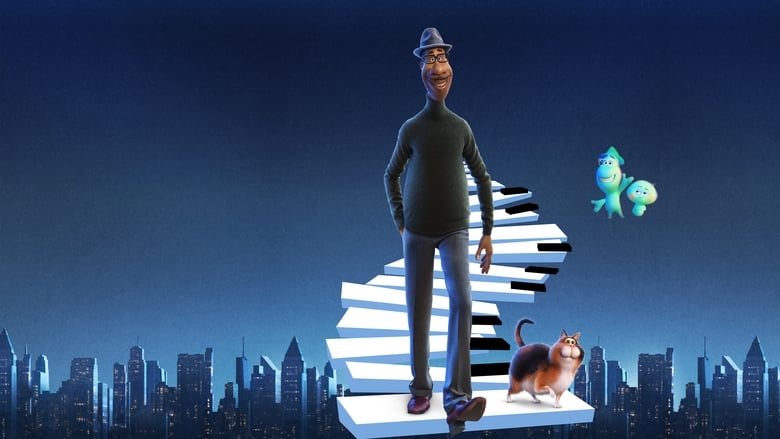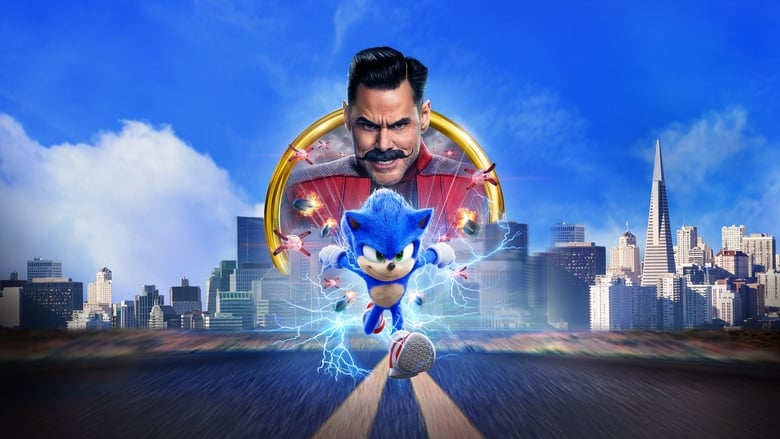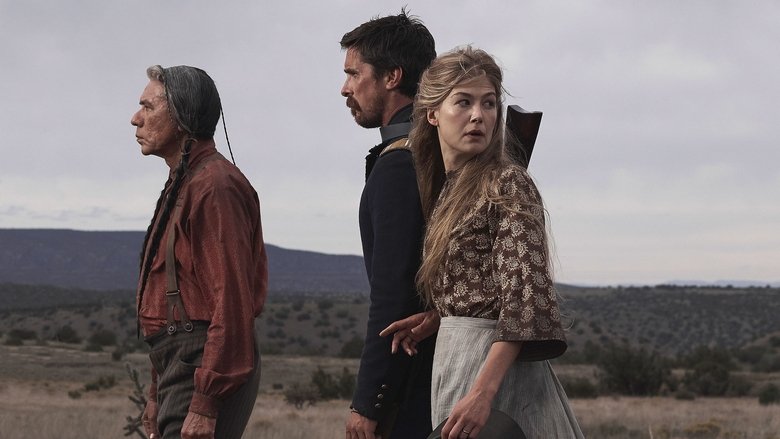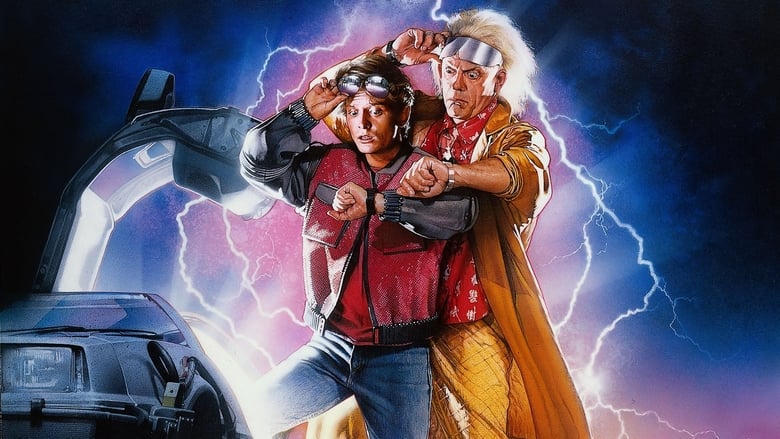In this luminous tale set in the former Yugoslavia, Perhan, an engaging young Romany with telekinetic powers, is seduced by the quick-cash world of petty crime that threatens to destroy him and those he loves.


Similar titles

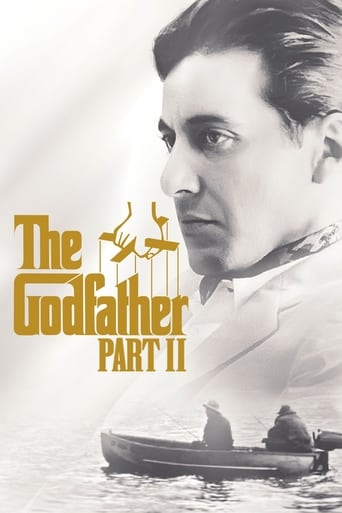
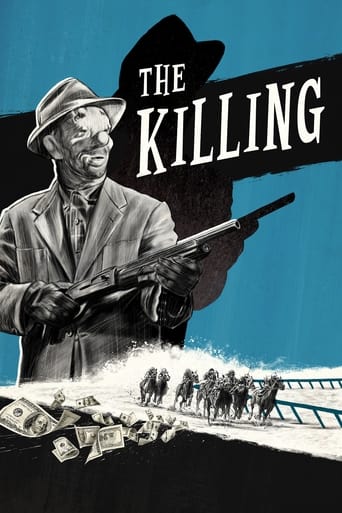
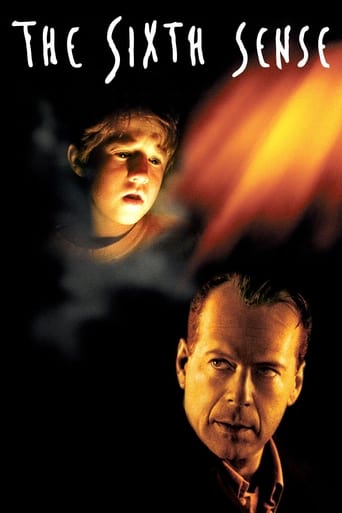
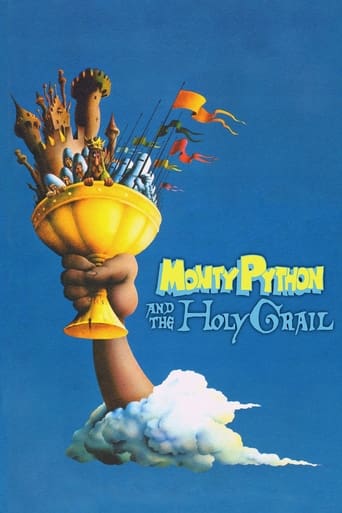
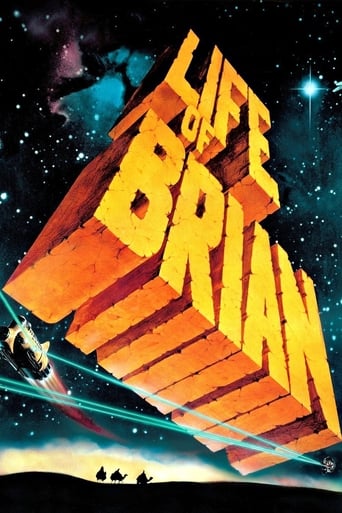
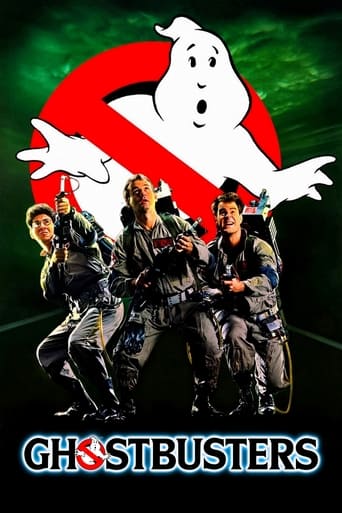
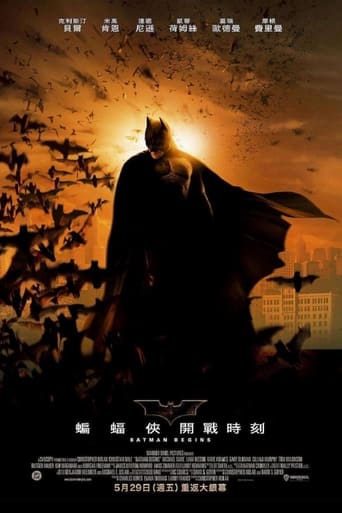
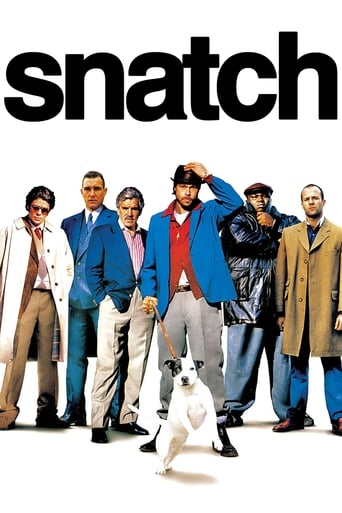
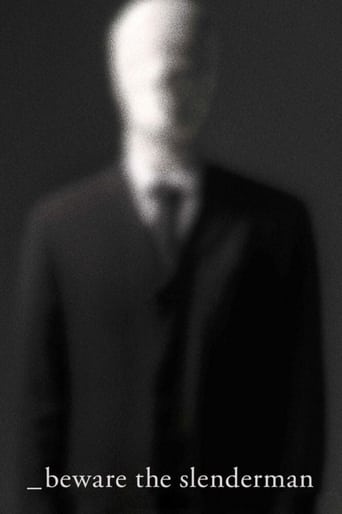
Reviews
A civilization is a tree whose branches expand to the world while deeply rooted in the motherland, the one place where we cease to be a stranger. But there are eternal strangers who never belong to the place they live in, we call them Nomads, Romani or Gypsies. They have a culture, a language, a music (and how!) and while there might not be a place, there will always be a "Time of the Gypsies". On Youtube, an Internet user said about that scene where a devastated Perhan drowns his sorrow in booze and music: "I don't understand what he's singing but it's like I understand everything." That's exactly how emotionally affecting Emir Kusturica's movies are and his 1988 masterpiece that won the Cannes Prize for Best Directing is no exception. Kusturica's movies are culturally specific but universally cathartic. Universal to a certain extent... even if it's set somewhere in Yugoslavia, this is a film about the gypsies, perhaps the most misunderstood if not disdained people on Earth, connected to many infamous caricatures from stealing chicken to prostitution.And it says a lot when the main character is the fruit of the passion between a Slovenian soldier and a gypsy mother who died after giving birth to his sister a few years later. Perhan, to name him... and to call a spade a spade, is a bastard, but Kusturica almost gives this word a touch of nobility, as if it captured the existential status of gypsies, they have traditions and pride but they don't know where they're from, they belong to the present, and their greatest tragedy is to keep on longing for a past so unknown and so far it is deemed to carry a shadow of mystery. Perhan is mysterious in his own way, a young and nerdy insecure boy with a talent for accordion, a turkey for a companion and a telekinetic power. He was raised by his grandmother, the kind of stereotypical gypsy woman whom you'd give her palm and trust whatever she says about your future but there's nothing cliché about her, she's perhaps one of the most loving and endearing mother figures from any movie, she drinks, she smokes, forgives her depraved son and love her grandchildren. Ljubica Adzovic gives the kind of performances that always gets Oscar nods, it's a disgrace that she didn't win anything at Cannes, or maybe she's just too authentic for that. Still, she's as pivotal to the film as she is in Perhan's life. Perhan who falls in love with Azra but can't marry her because her mother wouldn't give her daughter's hand to a bastard. This prompts Perhan to become someone and he promises the mother that she'll soon kiss his feet. Circumstances help him when the grandmother cures the son of a rich man named Ahmed (Bora Todorovic, the band leader in "Underground"). Ahmed promises to take Perhan under his protections and takes his sister to a hospital in Slovenia, so she can be cured from a severe leg condition. But the film isn't much about that story than it is about the young boy who encapsulates the exhilaration and tragedy of being a gypsy. As a bastard, he's twice an outcast and ostracized in his own community, forcing him to resort to crime in order to win quick cash and become respected. And with his glasses and nerdy smile, Dujmovic bears a striking resemblance with Dustin Hoffman in "Papillon" or "Straw Dogs" while as the film progresses, his hair grow and he looks more like Hoffman or a Pacino in their prime, with that intensity in the eyes and that oddly charismatic vulnerability.The actor committed suicide in 1999, was it drugs? The Yugoslavian tragedy? Or some secret demons he took to the grave? Whatever it was, I suspect he carried that early enough so it could translate into this performance, one of the greatest performances from a relatively unknown actor, and perhaps the most intense performance in any Kusturica film. Dujmovic is the first reason to enjoy the film or perhaps the second after the music, I saw this film 25 years ago, and I remember I was mesmerized by the themes from Goran Bergovic. I never forgot the scene where they were all floating in the river, following some ancestral ritual and the one where Perhan got drunk after realizing he would also have a bastard as a son. These two emotional peaks illustrate gypsies' predestination for parties because there's so much melancholy and sadness one would rather try to forget them. And yet the film doesn't sugarcoat the other aspects such as prostitution or human traffic, it exposes them with some sort of cynicism on the surface but in reality a way to show that once you don't have rules, you do with what you have at hands and you're the one to set your own limitations or code of honor. The film doesn't show gypsies enjoying begging or stealing or selling children, but it finds a way to show that pride is a variable parameter, a bit like in "The Godfather" when you disdain Mafia but you understand why it exists. And for a culture torn between the European accordion and Oriental tunes waltz (I come from North Africa, I can tell you their dances isn't different from ours), nothing surprises me anymore. That's who the Gypsies are, people at the crossroads of the Western and Oriental world, a marriage never bound to happen but worthy of a celebration, the film opens and ends with Kusturica's iconic leitmotif of a wedding leading to a tragedy, and yet a rebirth, a symbol reprised in his "Underground". Kusturica has a unique talent to immerse you into the depths of a civilization, as if we were the objects Perhan could move with his simple wizardry, this might be an allegory of Kusturica power. It's all about moving us and making us move at the beat of a trumpet ... or fly like his smiling brides.
This film takes the viewer to a realm of magical realism.Where Perham a male gypsy is faced with a series of dilemmas in the pursuit of financial success in order to marry his hometown girlfriend. What I really took from this film is the rich culture in the society, the complex story line that foreshadows many of the series of events yet to take place, and the magical connection between the end and beginning of the story. It really kept me on my toes, because there was always sparks of spontaneity in the film,which made it unpredictable. What really fascinated me was the stages of evolution of the character Perham from being a down to earth , not so wise individual, into a man that nearly resembled Al Pacino in Godfather and Scarface. Considering the many dilemmas Perham had to face, one thing that really affected me emotionally was the fact that he had left his sister at the hospital after he had promised her that he would leave. It really goes to show that money and greed was his top priority. Even though at the end of the movie the Perham and his sister reconnect, I believe Perham was a bit too passive and calm about losing his sister.
Kusterica fuses together both real situations and bizarre ones to create magical realism. This movie takes us on a journey through the protagonist (Perhan's) life and ultimately gypsy culture. This movie depicts the madness of life and the ugliness that comes from adulthood. We watch young, innocent, honest, and good hearted Perhan evolve into a lying, stealing, heartless mafia boss. Although this is a very extreme case it does symbolize the loss of innocence that occurs with growing up. As we grow it's almost like we are programmed to learn how to lie, become numb to others and ultimately lose our "black and whiteness". As we grow, we start to become a shade of gray-- no longer do we wear our hearts on our sleeves. We say what we don't actually feel, we deceive, we become motivated by materialistic items and act out of self interest. Through this move, Kusterica brings so much value to the saying "ignorance is bliss". To me, this story has an underlying cyclical theme of fate-- we as human beings, cannot escape the process of growing up that hardens our adolescent light hearts. The only thing that I didn't particularly enjoy about this film was the loud noises that occurred through out the film, but I assume that being an American viewer I was just not used to this type of style.Overall, I love the message that I took from this movie. It truly is a beautifully bizarre take on a coming of age story. Kusterica is like Fellini with a dark side.
"Time of the Gypsies" directed by Emir Kusturica is spoken in Romany throughout the film. The original title, "Dom za vesanje" which literally means "Home for Hanging", hints self- destructiveness in the film. At first, the film is introduced in a comical atmosphere. The protagonist, Perhan, is a young, honest Romany raised by his grandmother. He is now a grown-up but only thing he has is a kinetic power that enables him to move an empty can. His sister is sick, and his uncle just ate Perhan's turkey (the one and only thing that Perhan had, other than his kinetic power). Perhan falls in love with Azra but her mother refuses him; and he tries to hang himself. Then Perhan moves out to city with Ahmed to cure his sister, and there he is introduced to a world of crime. And the mood of the film begins to change.The second half of the film concentrates on corruption of Perhan's soul, his revenge and the self-destruction; and paradoxically the hope of redemption when Perhan undergoes all the above. Through magical realism, Kusturica successfully demonstrates ups and downs of a life. The border between real life and dream is blurred and the audiences are somewhat relieved from the tragedies by the dream-like real life sequences.Music is also a big element in this film. Each characters has somewhat like theme songs, and it is interesting that Perhan's is played by himself with an accordion in the film.Also, to show the ups and downs, the plot seems to have a cyclical structure. Choices that Perhan makes throughout the film sometimes ends in success and sometimes ends in tragedy. Either way, the characters, the plot, and also the mood end the same as they began.
